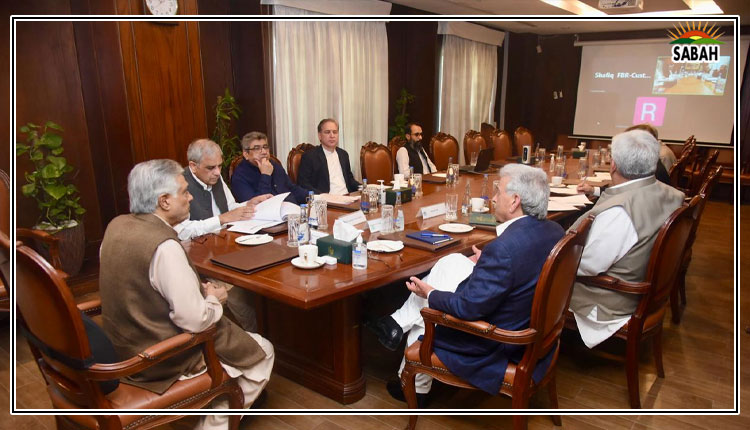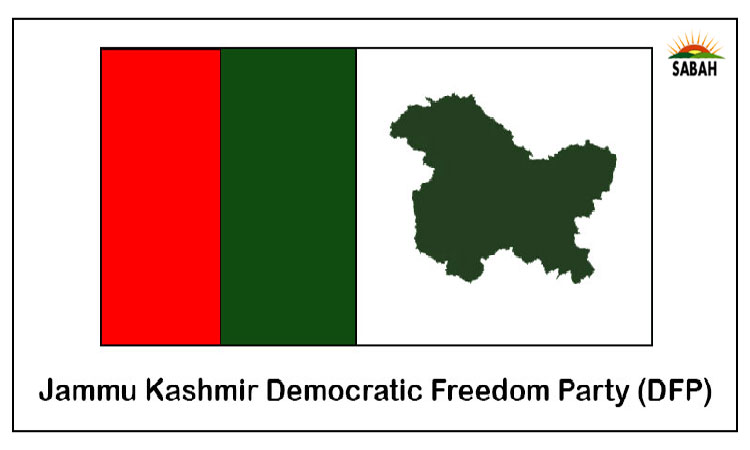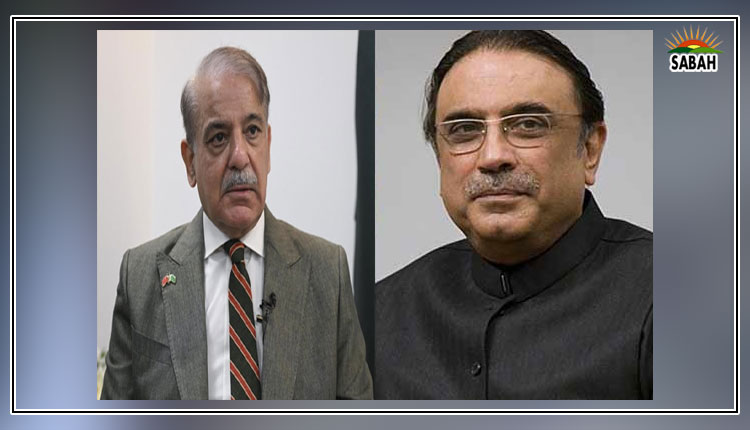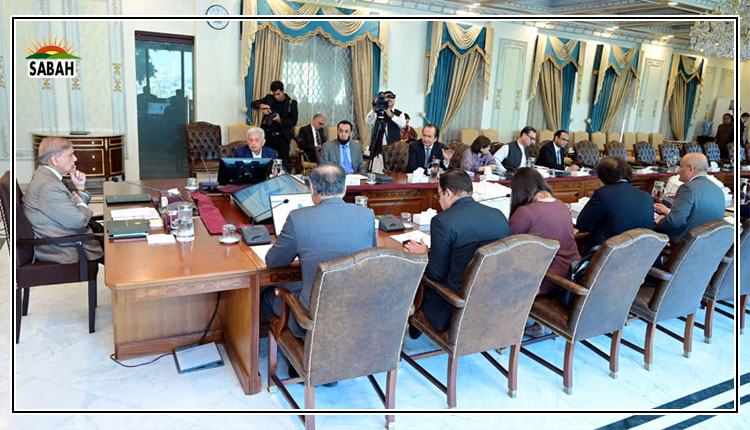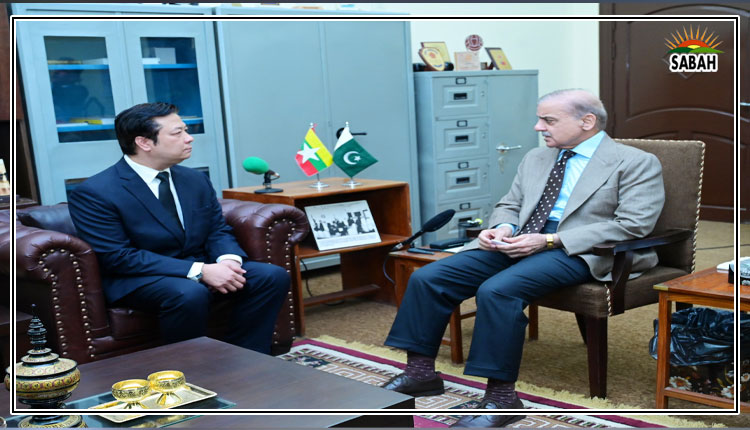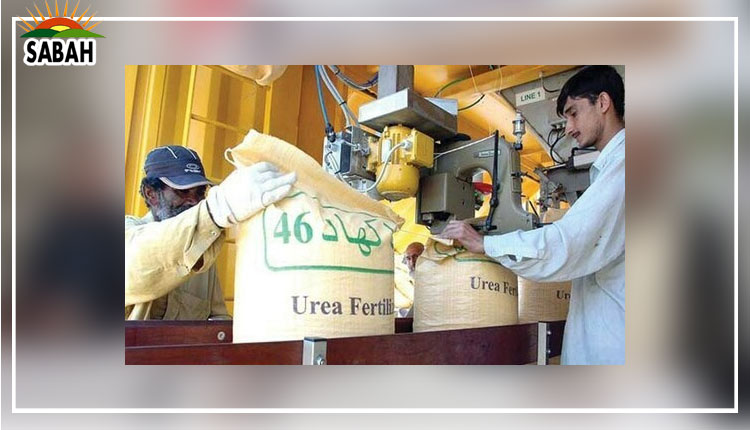Agriculture crises will be witnessed if smuggling of urea fertiliser couldn’t stop: PBF
KARACHI, Mar 17 (SABAH): Vice President of Pakistan Businesses Forum (PBF) Ahmad Jawad said the smuggling of urea fertiliser is continuing through different routes to Afghanistan despite tall claims of institutions concerned about action being taken against smugglers. “If not addressed timely country may face a agriculture crisis in the Kharif season”.
Talking to media at local hotel, he said smuggling of urea to Afghanistan would result into shortage of fertiliser and increase in prices for our farmers who already bound to buy expensive DAP and potash ferilisers from the last couple of months.
The Pakistan Customs department should stop smuggling of urea out of the country by clamping down on the borders forcefully, otherwise, the situation would put the fertiliser sector into a delicate situation, he warned.
On the other hand government plans to import some 200,000 tonnes of urea ahead of the kharif season to mitigate any possible fertiliser shortages caused by the war in Ukraine, which has already taken a significant toll on global supply chains.
The Ministry of industries and production will move a summary for the import at the next Economic Coordination Committee meeting. The ministry hopes to ensure reserves of about 200,000 tonnes of urea by the time the kharif crop sowing season begins in May. This, however, may be an uphill task. Pakistan’s total output is around 600,000 tonnes a month.
However, Afghanistan and a few other Central Asian countries are popular destinations because the local prices are significantly higher than in Pakistan. The prices of urea in Pakistan are about 25% less than in international markets, which is already a healthy profit margin for unscrupulous elements.
In fact, this is also a major reason why Pakistan needs to import urea in the first place. Local production averages about 6.5 million tonnes a year, against demand for 6.1 million tonnes during the kharif and rabi crop seasons. Under normal circumstances, this margin would have easily allowed the government wiggle room to arrange higher reserve stocks, but because of smuggling abroad, we still face local shortages, forcing us to spend precious foreign exchange on imports and burdening the national exchequer with the weight of further subsidies.
Unfortunately, the federal government has for decades appeared hopeless when it comes to stopping such smuggling, choosing instead to throw money for import which we don’t have.
Ahmad Jawad also viewed the fertiliser industry in Pakistan is globally competitive, and will thrive under a completely deregulated environment. Following the intent of the Fertiliser Policy 2001, the selling price of fertilisers should become completely deregulated enabling free market forces to prevail.
Any subsidy going forward should be given directly by the government to the subsistence farmers to ensure continued affordability.
It is also projected in the year of 2022 urea demand in the country, will reach 6.3 million tonnes; he added.



